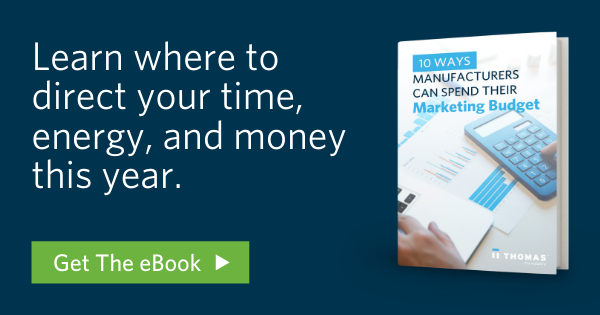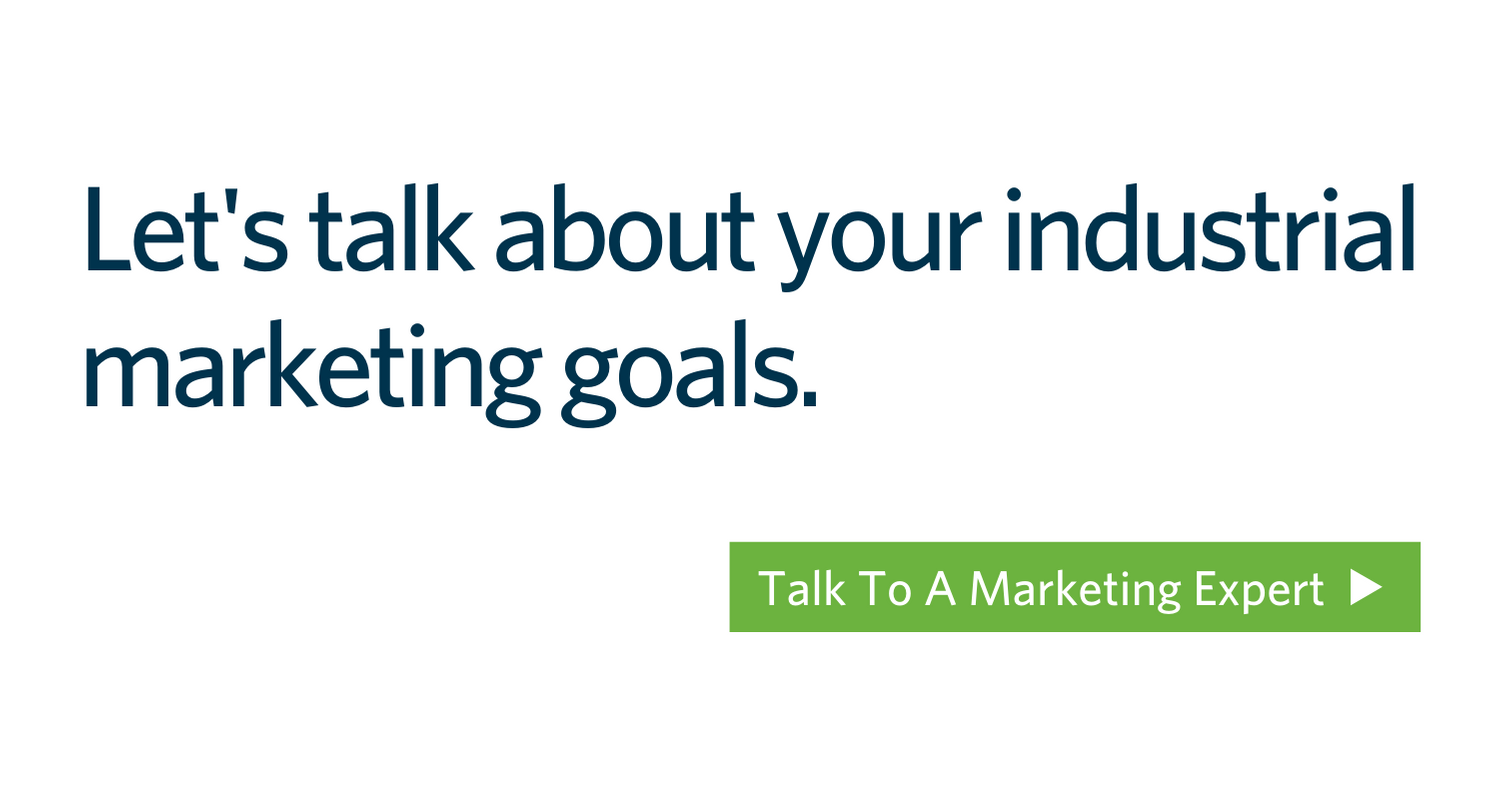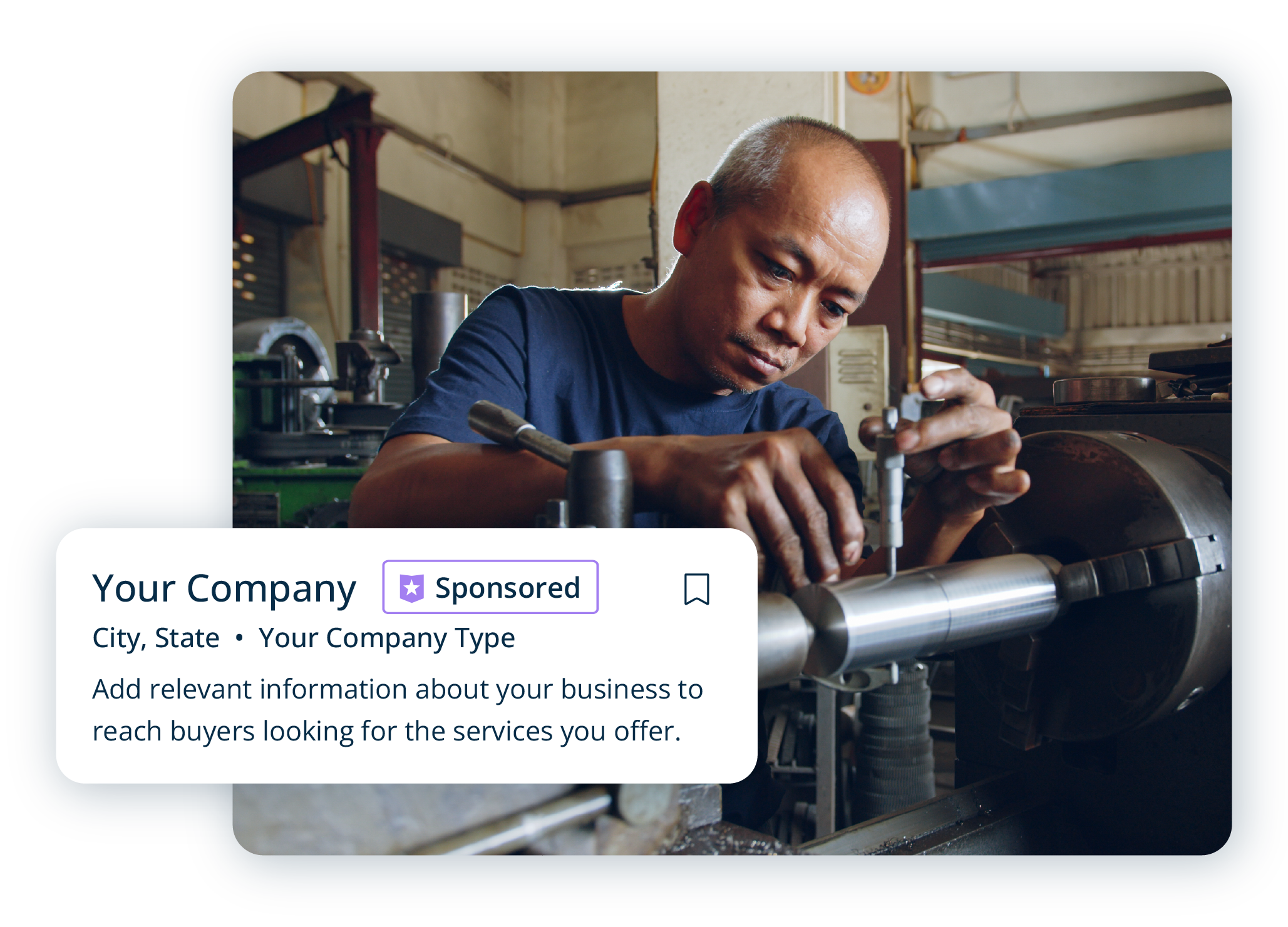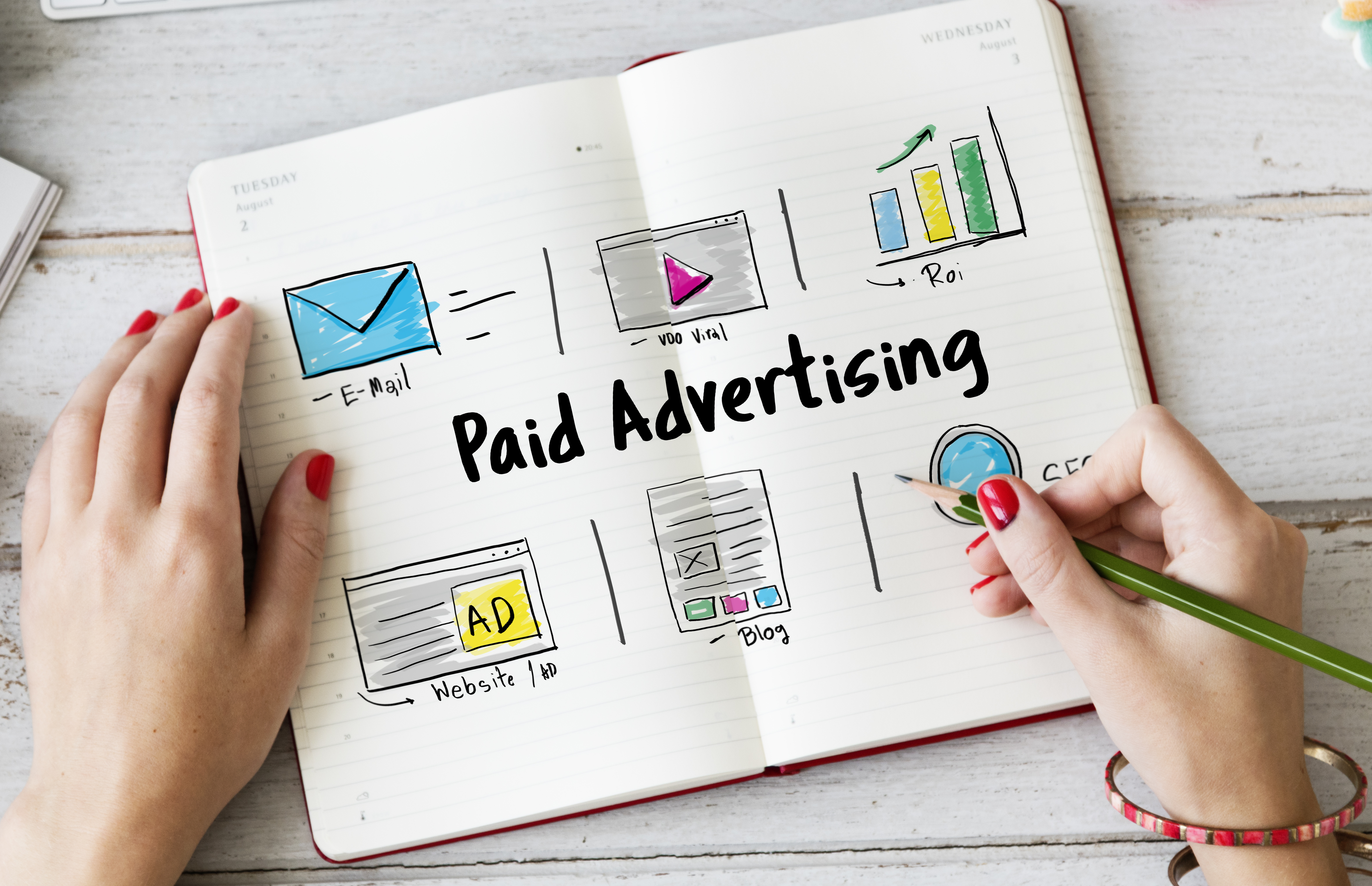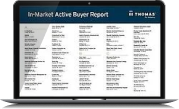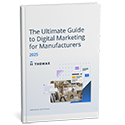PPC For Manufacturing: What Is Paid Search?
Sam Treinish October 9, 2019
PPC (Pay-Per-Click advertising) is an amazing tool for reaching customers online. It acts as a pull marketing technique that brings customers to you based on their searches and it's a win-win when executed properly. Through PPC, advertisers pay only when a user clicks on their ad; these clicks increase site traffic and, ultimately, also increase the chances of converting these leads into buyers. Unlike outbound marketing, which involves pushing your message out to potential customers, PPC is inherently inbound, since it brings potential customers in.
However, there are a lot of misconceptions about what PPC is, and maybe more importantly, what PPC isn't. Let's clear some faulty understandings that should be helpful when before beginning your first PPC campaign.

Paid Search Is Quick To Start
Unlike a number of other traffic sources, paid search can be a comparatively quick way to substantially increase the amount of targeted, high quality traffic visiting your site. Depending on your industry and target audience, it may take months before SEO or content initiatives begin driving traffic volume and leads at a level that will move the needle for you. In contrast, PPC allows you to build campaigns in relatively short order that can drive as much traffic as you’re willing to pay for. It can be a fantastic way to quickly introduce your products and services to a large new audience.
Paid Search Is Not Quick to Get Right
Though it may be quick to get started, the work of optimizing your paid search campaigns and maximizing your return is anything but quick and easy. Achieving great success requires detailed data analysis and a long term commitment to a test-and-learn mentality. There are steps you can take to get PPC started on the right foot but maximizing success takes devotion and know-how. Because there are a lot of variables to your campaigns, don’t expect complete success and huge ROI right out of the gate.
Related Info: Inbound Marketing and ROI
PPC allows you to start with a small campaign and later scale it up or down based on your results and company needs. For example, you can decide which keywords and placements you want to target and how restrictive they should be, allowing you to better determine who you target and how. PPC also gives you great financial control over your marketing strategy, allowing you to set daily budgets to determine how much you want to spend.

Also unlike traditional marketing, changes can be made quickly and on an as-needed basis throughout the course of a PPC campaign, meaning you can tailor your messaging at any time to improve your reach. New tests can also be run at any time to gauge ad efficacy and optimize your campaign to reach more qualified buyers.
PPC Is Measurable
One of the most attractive parts of PPC is the level of detail and granularity you’ll get in terms of reporting. Directing PPC traffic to dedicated landing pages allows you to precisely measure customers’ rates of interaction — from initial click all the way to final purchase. Using tools like Google Analytics, you can check most key performance indicators (KPIs) to quickly and easily gauge how well your advertising is performing and make your campaigns more effective. This maximizes your dollars — and your time. You won’t face the black box of “search term not provided” the way you will with organic search. You can track exactly how many times your ad is seen, the number of clicks each keyword is generating, how much you pay per click, your click through rate, average ad position, conversion rate, cost per conversion, and much more. (Click here to brush up on your industrial marketing terms!)
This level of detail almost makes you feel spoiled as a marketer. You have all the tools necessary to calculate the return on your investment. While other inbound marketing campaigns may take time to gain traction, PPC starts working as soon as you put the ad onto the ad server.
Paid Search Allows You To Reach Customers Where And When They Need You
One of the greatest challenges for businesses of any kind is figuring out how to reach their target audiences. With traditional outbound marketing techniques, such as TV commercials and billboards, advertisers send out their messaging to a broad audience hoping to find interested potential buyers. With PPC, however, advertisements only appear when users search online for a specific product or service; in this way, the ads only target people who are already interested in what you’re offering. Using PPC ads strategically allows you to target consumers at specific stages of the buying cycle, when they’re already exploring options and ready to buy.
More Examples: Display Ads vs. Social Ads. vs Search Ads
Paid Search Is Competitive
However, all that data leads you to the inevitable conclusion that it isn’t a cheap advertising channel. Paid search is not a new avenue for customer acquisition and many of your competitors have undoubtedly discovered that there is a lot of value to be found in paid search. That makes it competitive.
Because PPC is essentially a live auction for advertising space, cost per click for a keyword is market driven. That means that the cost per click in a given category will rise until it reaches the point that it’s difficult to be successful. Achieving ongoing success requires excellent execution at all points in the process, including precise targeting, compelling copy, and product or service quality levels that drive repeat business. Make sure the content you're producing is high quality — everything has to be aligned.

PPC Campaigns May Still Experience Bots
Though PPC has many advantages, it can also attract bot traffic to your site, in which specialized computer software, or bots, scan the web and generate “fake” reactions to your ads — whether in the form of clicks or impressions. These actions can seriously skew performance results and bust budgets, as they trick companies into paying for fake ad clicks. In fact, ad fraud costs businesses more than $16 billion a year.
While advertising companies and platforms are working to filter out as much non-human online traffic as possible, these efforts are still years (at least) away from being successful, and even then, they won't be able to filter out all bot traffic.
Thus, complementing your PPC efforts with other strategies is essential. For example, Thomasnet.com verifies all traffic on its platform, so a listing on the platform ensures that your business will be in front of only real, verified B2B buyers and engineers.
Paid Search Requires Strategy
Paid search is a great opportunity to make first contact with potential customers who might otherwise have never considered your company. A huge portion of the market begins their search for products and services by going to a search engine. Many of those folks will investigate the companies they find in the sponsored listings of the search results. PPC is too important, effective, and measurable to be ignored as a customer acquisition channel. But devoting all your energy and budget toward solely paid marketing is a plan destined to fail.
While PPC is a key strategic element of a complete marketing plan, it is merely a piece of the puzzle for an effective lead generation inbound marketing strategy.
That means a simple and attractive website with clear calls to action, content and resources that educate the buyer as they research, lead nurturing that keeps users engaged, a social media presence that empowers existing customers to recommend you to prospects, and a buttoned up sales process to close the deal. You still need content marketing and insightful offers to support your PPC campaigns — otherwise what's the value to your customers? Download our eBook to learn more about how these element tie into the stages of the industrial buying process.
Did you find this useful?



